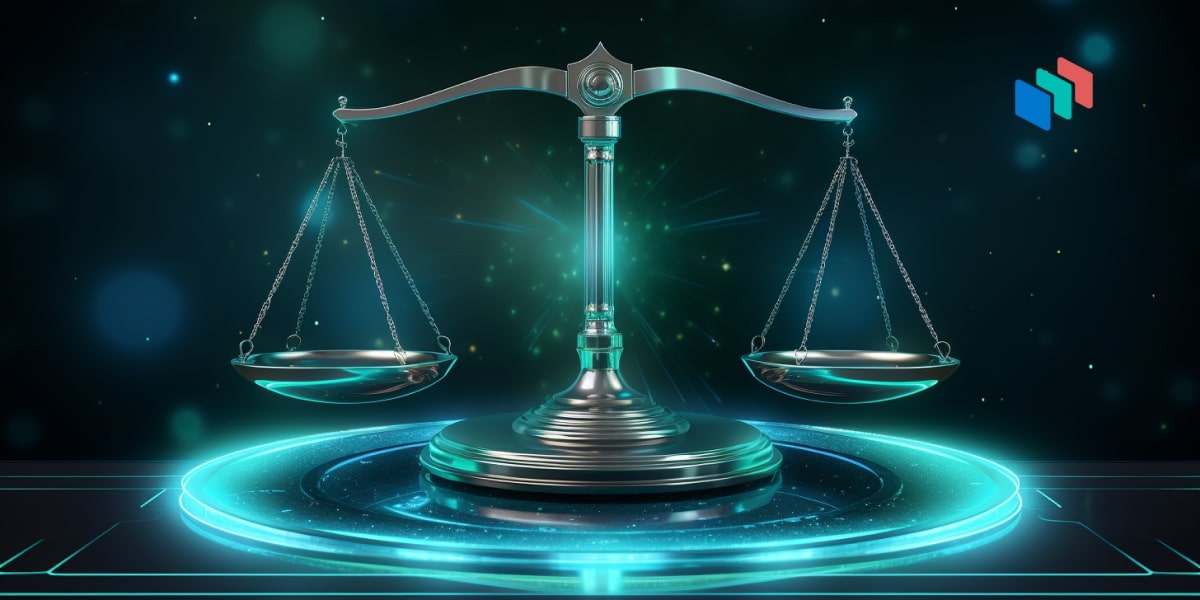What Does Clickjacking Mean?
Clickjacking is a type of exploit online,
where hackers hide malware or malicious code in a legitimate-looking control on
a website. This involves the injection of Trojan horse code into the source
code for the site. Various kinds of clickjacking allows hackers to trick
users into doing things like changing a status on Facebook, or even sending
money from their bank accounts.
Clickjacking is also known as a user interface redress attack.
Techopedia Explains Clickjacking
In clickjacking, the code attached to the control triggers events that are never described in the user interface. This is something new to most computer users, who have always assumed that a visual control means what it looks like it means on the web, and that these visual icons are inherently tied to their functions, or immune from manipulation. One excellent example is the buttons used to close or minimize web browser windows. In a pop-up ad or in some other frame, the hacker can attach code to this button so that clicking has some unanticipated effect.
To guard against clickjacking, some experts recommend disabling scripting and I-frames in browsers, or installing certain plug-ins such as NoScript in Mozilla Firefox. It is also suggested that an “X frame options” header should be sent to authenticate allowances for framing of content. A code command for “X Frame Options: Deny” can protect systems in some ways against clickjacking.





